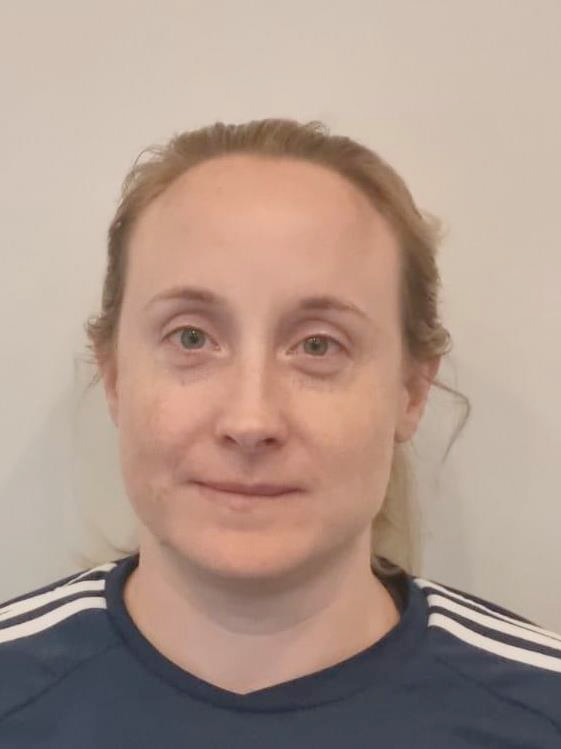

What’s it like being an international student studying occupational therapy (OT) in Cumbria?
Having spent the best part of ten years working in early years education in Ireland and Australia, I had begun to look for a career with a similar sense of rewards as I’ve always valued my work for the little differences I can make in the caring professions. It wasn’t until 2019 that I first heart of occupational therapists, when one visited the outdoor preschool, I was working in at the time. She carried out her assessment, and I remember being stunned at her observations of this child. I had missed these details, despite being very familiar with him and his family. When Covid closed this preschool, I went in search of a Covid proof job, and found myself working in day services with adults with disabilities. It was here that I saw another OT in action and began the process of researching the career.
There are many transferable skills for me in education and OT, including team working, interpersonal skills, carrying out observations and writing accurate reports, though the concise part still eludes me!
OT is a vast and diverse profession; I have just completed my first placement in community adult mental health. It wasn’t an area I initially considered for myself, yet it is one which I will strongly consider working in once I graduate.
What have you overcome in your education journey?
Moving from Ireland to Carlisle wasn’t something I did lightly. I spent almost two years researching and planning to study although biting the bullet and applying was the hardest thing for me. I applied to the one university in Ireland offering a pre Reg Msc in OT, however, I wasn’t offered a place. At this point I explored UK options and as luck would have it, I took a call from the admissions team about a place through the clearing process. Being cheeky, I asked if there was space on the Msc programme, as I already had a degree and a masters, and didn’t fancy the additional year of study if I could avoid it. The process after this was very quick. I filled in an application online, sent along proof of my qualifications and secondary school certificates, did an interview online, and was offered a spot on my birthday. What a present!
What’s it been like arriving in the UK?
I found the first week the hardest by far. The Queen's funeral caused our classes starting to be delayed. However, the second I walked into the classroom on the first day I knew I’d made the right decision for me. Two of our tutors greeted us, Susie and Kate. It was the warmest welcome I’d ever received walking into class. Our cohort is small, which also helps. We’ve 14 in total. This allows us time to ask questions and seek help, without that sense of dread you might feel in a lecture theatre with a few hundred people sitting around you. The campus is small and intimate and you can always find your classmates for a cuppa and a chat with ease.
Why did you choose Cumbria?
I chose Cumbria for the small class sizes, the relative low cost of living in the North, and the rural location once outside the city. I’d prefer to be lost up a fell than lost on the underground somewhere in London.
How have you found your studies so far?
I have found the course to be very manageable. It is clear to me that great thought has been put into the structure of the modules, timing of the assessment deadlines, and placement preparation weeks. The self-directed study required is a large part of the course, but it is well-presented with pre- and post-session reading for each in-person session. I have found this stops it all feeling overwhelming. The lecturers are experienced OTs, and this shows in their knowledge, ability to give practice related examples and in their caring attitudes to students.
What do you hope your end result will be?
Occupational therapy is such a vast profession. I’ve only just started my journey and am very aware that I don’t yet know where I will want to work once qualified. However, what appeals to me is the idea that I will have many interesting and varied options, both traditional and non-traditional OT positions.
It is clear to me that great thought has been put into the structure of the modules, timing of the assessment deadlines, and placement preparation weeks. The lecturers are experienced OTs, and this shows in their knowledge, ability to give practice related examples and in their caring attitudes to students.
